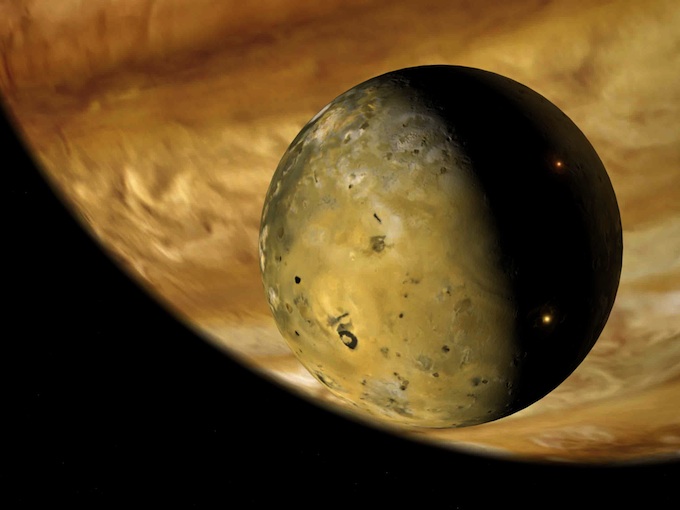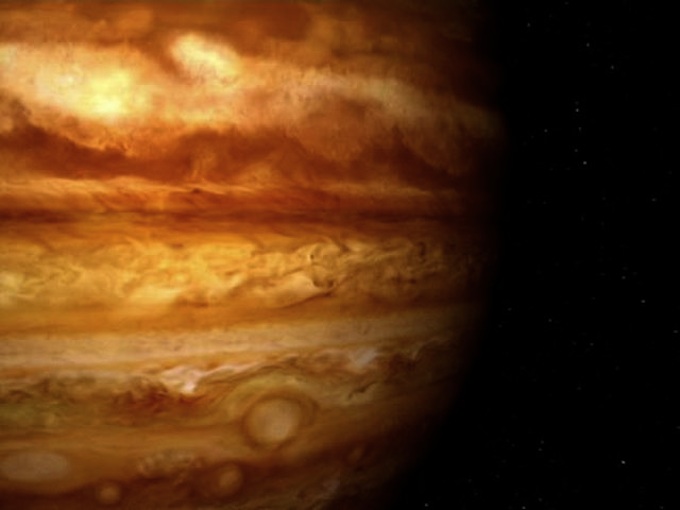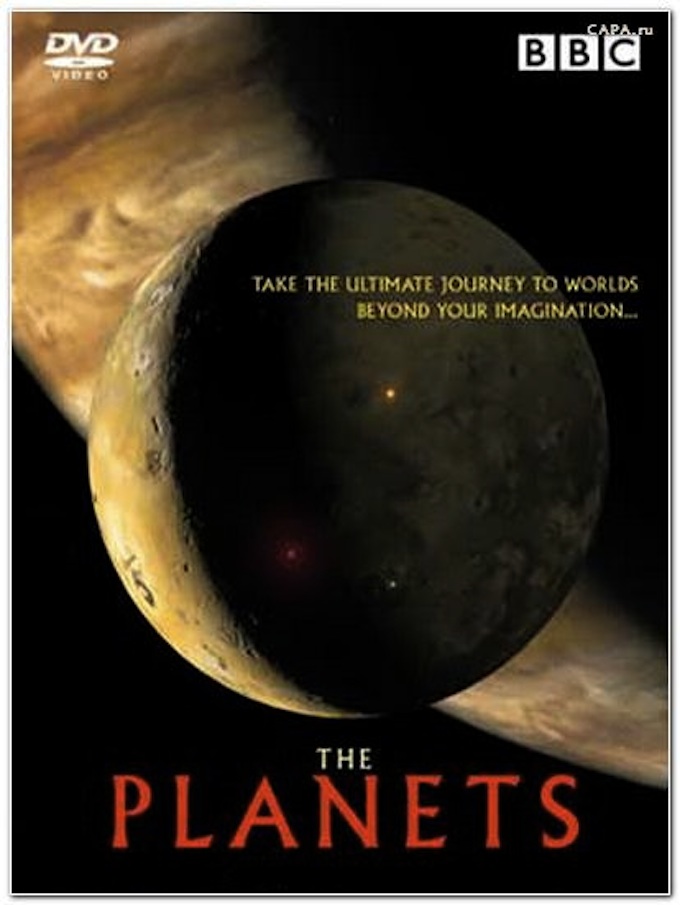Series Producer: David McNab / Executive Producer: John Lynch / 8 x 50 minutes / TX on BBC2: 2000
One of the first BBC ‘Landmark’ series, The Planets set out to tell the story of our Solar System and how we came to understand it through the spacecraft that explored our planetary neighbours. Instead of looking at one planet per film, each programme instead took a theme as its subject. It was story-based science documentary at it’s best. Using state of the art graphics and featuring interviews with the world’s leading scientists, astronomers and engineers, the series was a hit with both the viewing public and the critics. It was the first ever BBC DVD release and has not been out of production since it originally went on sale. I edited three of the films.
Different Worlds
Director & Series Producer: David McNab / Executive Producer: John Lynch
Different Worlds told the story of how all the planets came into being, and then how they all came to be different. Starting with the discovery of Pluto by Clyde Tombaugh in 1930, the film set out to explain the process of planetary formation (Accretion Theory anyone?) and how we explored all these worlds. From Meteor Crater in Arizona, to Star City in Russia, the film spelt out how we came to understand the make up of the Solar System – and it’s all dust. It was the first film in the series.
Life
Director & Producer: James Younger / Executive Producer: John Lynch
Ironically, it was a new understanding of how life ‘found a way’ on our planet, that opened our eyes to its possible existence on places like Mars. With the discovery of life at the bottom of the oceans, clustered around hydrothermal vents, came the realization that maybe light wasn’t the key after all. In the 1970’s, Viking spacecraft landed on the red planet and started conducting experiments. For a few brief moments, the mission team thought they’d found evidence of life, only for their dreams to be cruelly dashed. But things have changed since then, and now NASA scientist Chris McKay believes it’s all to do with water. As the latest generation of spacecraft send back their images, it looks more and more that there was once water there.
Atmosphere
Director: James Younger / Executive Producer: John Lynch
When US Air Force pilot Joe Kittinger ascended into the heavens in an open gondola suspended from a giant helium balloon, he was technically the first American into space, a good year before Alan Shepherd. As part of an experiment called Project Excelsior, Kittinger went to 103,000 feet – the very edge of space – before jumping and free-falling back to the ground through all the layers that make up the atmosphere. This film explores the science of this thin layer of gas around each of the planets, and shows how crucial they are to each planet’s identity and make-up.
Winner: BAFTA best graphics



